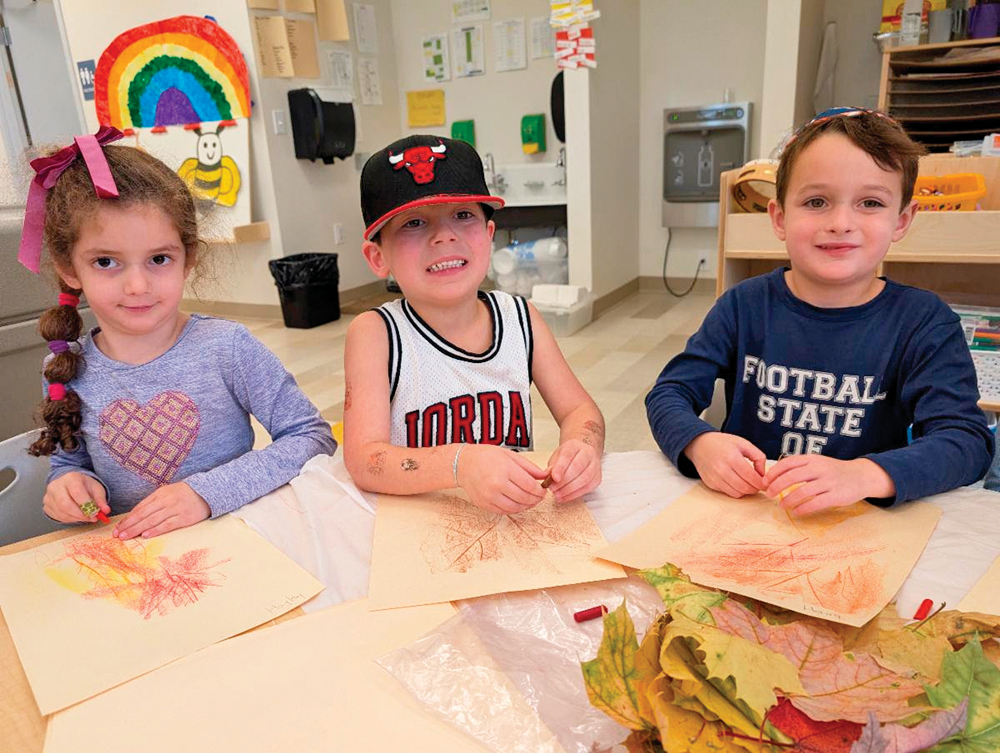

One time, when I was on guard duty at the ammunition depot together with a few others, a bunch of jeeps together with a sedan drove up, and out stepped General Eisenhower for an “inspection.” He stopped at each of the GI’s, said a few words, shook hands and continued on. Since my knees were shaking, my mouth was frozen, only my mind and rifle were saluting, I do not remember a word of what he said, or what I replied, if anything.
Aside from pulling guard duty, my company (C Company, 36th Infantry Battalion, 7th Army Division) was also part of the Honor Battalion of the Division. Consequently, we had to go on parade whenever someone important came to Korea. That also meant hours and hours of practice parades (great—I love military band music) and always having our uniforms and equipment spick-and-span clean and in order.
The highest rank in our parades was for General Douglas MacArthur. He came on a brief visit from Japan to the back country (Korea), and for that, we had to stand for hours on the hot landing strip at the airport.
Naturally, no one liked pulling guard duty, but there was little one could do about it unless you had special connections. Except for my immediate surroundings, I had been nowhere, did not know anyone other than my buddies, and therefore was resigned to being on guard duty until we would be reassigned or would be discharged.
Oma had other ideas for her son. One of her neighbors in synagogue in Washington Heights (Breuer’s) was Mrs. Kissinger, whose older son, Henry would later become secretary of state. Her younger son, Walter, had fought with the US Army in Okinawa, had eventually elected to take his discharge while still stationed in Korea and remained in Korea working as a high-ranking civilian employee of USAMGIK (United States Army Military Government in Korea). His job was that of a liaison officer between the US Army and the Department of Commerce of the new Korean government. Anything that the US Army needed from the Department of Commerce, and vice versa, had to go through Walter.
One day, the two mothers were comparing notes about their respective sons (not during the synagogue services—God forbid). When Mrs. Kissinger heard what my “job” was, she suggested to my mother that I contact Walter and he would see what he could do for me there. As soon as I received Oma’s letter (it took weeks, since all mail traveled by sea), I called Walter and went to see him.
He was stationed in the Capitol Building in Seoul, with a big, impressive office and a secretary, with a room full of staff. He told me that there would be no problem in getting me out of the infantry and into the Military Government. I should just file an application for reassignment to the military government through my Company Commander’s office, and when it reached him, he would endorse it and I would be attached to his staff.
It sounded easy enough at that point. Little did I know that all Company Commanders already had received orders from the Battalion Commander, a West Point graduate—Major Bong—that due to a serious shortage of Army personnel in Korea, there would be no transfers out of his battalion. When I eventually spoke to my Company Commander, First Lieutenant “Dutch” Einfalt, who in civilian life had been a butcher in Nebraska, he told me of his orders. Nevertheless, if I wanted him to, he would pass my request up through channels and await a reply. The reply was not long in coming—rejection by Major Bong.
I called Walter (or Mr. Kissinger, as I called him then, although he was only a few years older than I). He told me not to worry, that he would now file a transfer request for me through Corps Headquarters, and certainly Major Bong would not again reject it coming down from his superiors.
But it was not to be—Major Bong also rejected the second request. Again, Walter told me over the phone not to worry; a solution would be found sooner or later.
And a solution was found only a few weeks later. I found out that something was going on when, once again, I was pulled off duty in the middle of the day and told to pack my gear and be ready that afternoon to be transported to the Military Government Headquarters for reassignment. When I reported to Walter the next day, he told me the following story, documented with papers that he showed me. Quite an unbelievable story it was.
(To be continued next week)
By Norbert Strauss
Norbert Strauss is a Teaneck resident and has volunteered at Englewood Hospital for over 30,000 hours. He was general traffic manager and group VP at Philipp Brothers Inc., retiring in 1985. Prior to Englewood Hospital he was also a volunteer at the American Committee for Shaare Zedek Hospital for over 30 years, serving as treasurer and director. He frequently speaks to groups to relay his family’s escape from Nazi Germany in 1941.













